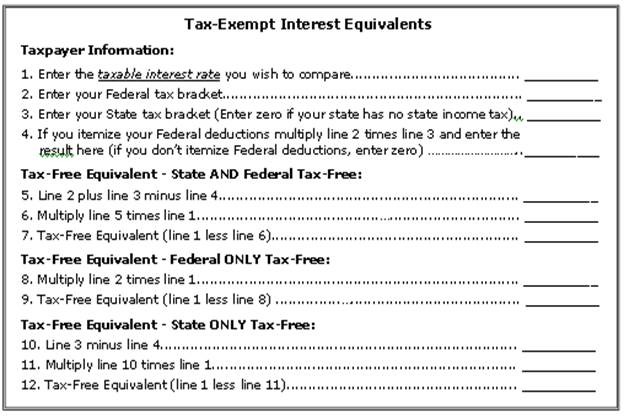How to Do Your Taxes if You Have Investments
Post on: 4 Май, 2015 No Comment

Posted on Jan 31, 2013
If there were a like button for investments, we would hit it.
Investments help your money grow faster than when its in a bank account, and help you reach your financial goals more quickly, too.
But the money you make off of investments (which is called capital gains ) counts as income in the governments eyes, and that means youll be taxed on it.
In this post, well cover what the typical investor needs to know during tax time. We wont be covering complex financial instruments like futures, short selling or derivatives, but if you have a retirement account and/or a basic investment account with stocks, mutual funds or bonds, then weve got you covered. Skim the titles to find the information that applies to you:
What You Need
By now, you should have received a tax package from your brokerage, which includes things like your 1099-DIV and your 1099-B. This tells you all the information you need to know in order to do your taxes. If you did not receive it or lost it (it happens), you can go log in to your brokerage account and find a digital copy, or call up and request it.
The 1099-DIV form will list your capital gains, dividends, interest and capital gains distributions, so you can fill them out on the appropriate place on your 1040. For simple investment accounts, you dont even need to know what these terms mean, just match them up and write down (or type in) the number.
If You Sold Any Investments
If you sold your stocks for more than they were worth when you bought them, this is called a capital gain, and will be reported on your 1099- B, included in your tax packet from your broker. Your capital gain equals what you sold it for, minus the price you paid for the investment (the cost basis). So if you bought ten shares of stock at $10, and sold them for $20, you made $100 in capital gains ($200-$100). This capital gain is taxed, and you report it within the income portion of your 1040. where it says capital gains.
How Long Did You Hold Them?
The government wants to encourage Americans to invest for the long haul (which is what we recommend as well!). If you bought an investment like mutual fund shares, stocks or bonds and sold them less than a year later, that means they qualify as a short-term capital gain, and your profit will be taxed at a normal rate of up to 35%.
But if you kept your investment for more than a year before selling, that means your profit is a long-term capital gain, and will be taxed at a much lower rate of no more than 15%.
Moral of the story: Hold your investments for more than a year if possible.
What if You Lost Money?
When you sell an investment for less than you bought it, thats called a capital loss. But the IRS can ease the hurt just a little bit. If you made a profit on some stocks you sold, and a loss on some others, you can claim your losses against the capital gains to pay lower taxes. For example, if you made a capital gain of $50 on stock A, and a capital loss of $35 on Stock C, you will only be taxed on $15 of capital gains ($50-$35). If your losses are more than your gains, you can claim up to $3,000 in losses against your other income, like your wages from work.
Moral of the story: If you make a loss on your investments, make sure to claim it on your return.














